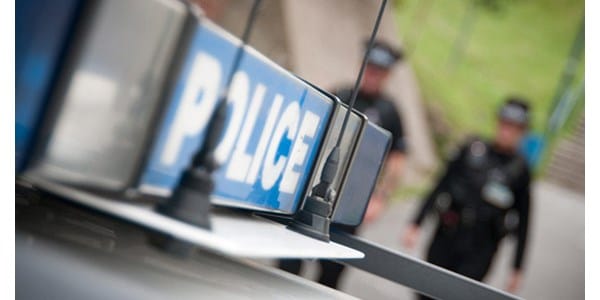
Police chiefs have promised to send officers to ALL home burglaries under an ambitious new policy.
The National Police Chiefs’ Council (NPCC) says forces will work to bring in the new approach “as soon as practically possible”.
Martin Hewitt, the Chairman of the NPCC, said 64% of emergency calls to the police were not about crime, with a “substantial proportion” resulting in police stepping in to do health and social work because of an absence of other services.
He said: “We’re asking government to seriously take on the vast widening of the policing mission. We want to focus more on solving crime. The public want the same. And so do politicians.
“We have been discussing this for years and there has been no meaningful change – there needs to be for us to improve crime rates.”
The best performing force for burglary visits was South Yorkshire Police, at 96%.
A Freedom of Information request obtained by the Daily Telegraph earlier this year found Northumbria Police attended just 35% of home burglaries in 2021. Durham Constabulary fared better, at 59.5%, but still some way off 100%.
Whether the pledge has any knock-on effect to the security industry remains to be seen.
The NPCC said a review by the College of Policing showed victims appreciated a home visit follwing a crime.
Hewitt claimed the number of burglaries is at an all-time low – down 51% over the past decade due to increased investment by police and partners in preventing them happening in the first place.
But critics say that the numbers are low because householders are not reporting crime because of a growing procession that police do not respond quickly, if at all.
Hewitt did acknowledge that trust in the police has plummeted, adding that the promise to tackle burglaries was aimed at building public confidence.
Only 5.6% of offences in England and Wales in 2021-22 – about one in 18 – resulted in a charge or summons, down from 7.1%, or one in 14, in 2020-21, according to Home Office figures published in July.
Hewitt admitted that burglary, particularly on the home, was “invasive and can be deeply traumatic”.
But he added some forces were struggling to attend all reported burglaries “with limited resources and balancing an increase in complex and highly harmful crimes”.
He wrote in the Daily Mail: “We want to give people the peace of mind of knowing if you experience that invasion, the police will come, find all possible evidence and make every effort to catch those responsible. That’s a critical part of the contract between the police and public.”
Earlier this year, the official police inspectorate found that police were failing victims of burglary and theft.
They missed chances tapprehend , missing chances to catch thieves, leading to lack of confidence in forces.
His Majesty’s Inspectorate of Constabulary and Fire & Rescue Services (HMICFRS) said austerity was a factor.
This left rookie police officers to deal with burglaries and trained detectives concentrating on more serious crimes. Just 6.6% of robberies and 4% of thefts led to a charge.
The Metropolitan Police commissioner, Sir Mark Rowley, recently told BBC Radio 4’s Today programme it is unacceptable that the proportion of reported burglaries attended by an officer had dropped.
He said: “We’re never going to turn up to every single crime, and the public understand that, but something as severe as burglary needs a proper policing response. It’s too serious an intrusion not to have somebody turn up.”
Hewitt also called for an overhaul of crime recording because a shed break in is currently recorded in the same way as a house burglary.
He added: “There must be a better way.”